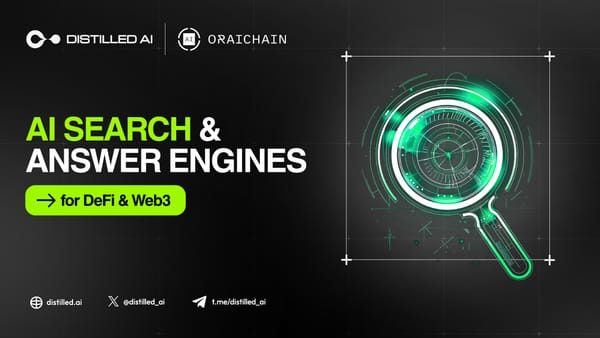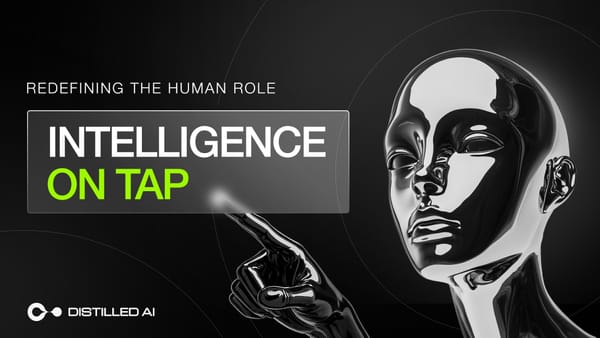Why Trust is Critical: Building Authoritative AI Agents for Sensitive Decision-Making

In the world of high-stakes decision-making, from healthcare diagnostics to financial risk assessments, AI agents are increasingly playing pivotal roles. However, their effectiveness hinges on one critical factor: trust. By addressing E-E-A-T—Experience, Expertise, Authoritativeness, and Trust—you can ensure reliable, transparent, and ethically sound AI solutions that users can depend on in sensitive scenarios.
1. Experience: Data Quality and Real-World Validation
Why It Matters
Quality data—reflecting real-world diversity—strengthens an AI agent’s ability to make informed judgments. Skimping on data curation can lead to bias, errors, and user distrust.
How to Implement
• Representative Datasets: Gather comprehensive training data covering multiple demographics and use cases.
• Continuous Validation: Regularly retrain and test AI models with fresh data to catch shifts and maintain real-world relevancy.
Key Insight: AI agents “learn” best when they mirror the breadth and depth of actual scenarios.
2. Expertise: Specialist Knowledge and Domain Alignment
Why It Matters
Sensitive decisions—like medical diagnoses or legal interpretations—require specialist knowledge. AI agents must be designed, trained, and tested with subject-matter experts to ensure domain-level competence.
Steps to Achieve
• Expert Collaboration: Work closely with professionals from relevant fields during development.
• Custom Modules: Build specialized libraries, such as medical or legal texts, into your model’s knowledge base.
Outcome: Expertise-driven AI agents can better handle nuanced, industry-specific challenges and edge cases.
3. Authoritativeness: Transparent Processes and Governance
Why It Matters
Authoritative AI agents not only excel in accuracy but also exhibit transparent logic and governance structures. In sensitive contexts, users must feel that algorithms can be audited and understood.
Implementation Tips
• Explainable AI (XAI): Provide clear, user-friendly explanations for decisions and recommendations.
• Ethical Guidelines: Establish internal policies on data usage, bias mitigation, and fail-safe protocols.
• Compliance and Audits: Adhere to regulations (e.g., GDPR, HIPAA) and perform regular third-party audits.
Benefit: A transparent framework fosters public confidence and aligns with legal and ethical standards.
4. Trust: Reliability, Consistency, and User Assurance
Why It Matters
In sensitive scenarios—like medical treatments or high-value financial transactions—trust is the cornerstone. Stakeholders must feel confident in AI outcomes even under pressure or uncertainty.
How to Build It
• Robust Testing: Conduct extensive testing under real-world conditions and stress scenarios.
• Fail-Safe Mechanisms: Implement manual overrides or secondary reviews for critical decisions.
• User Education: Communicate AI’s capabilities, limitations, and update cycles, fostering transparency.
Result: Trustworthy AI agents deliver predictable, secure, and accountable results—leading to stronger adoption rates.
Building authoritative AI agents for sensitive decision-making demands a holistic approach that spans Experience (E), Expertise (E), Authoritativeness (A), and Trust (T). By investing in high-quality data, domain collaboration, transparent governance, and user-centric assurance, organizations can create AI models that confidently serve in mission-critical settings—while safeguarding ethical standards and user confidence.
Key Takeaways
1. Ensure Data Quality: Align AI training sets with real-world conditions to reflect genuine experience.
2. Collaborate with Experts: Integrate specialized knowledge for domain accuracy and robust performance.
3. Adopt Transparency: Implement explainable AI and thorough governance structures to validate authority.
4. Reinforce Trust: Offer reliability, accountability, and user education, especially for sensitive outcomes.
By upholding E-E-A-T principles, AI agents can deliver dependable, credible, and ethical insights—transforming high-stakes decision-making into a secure, trusted, and future-focused process.



